Africa features some of the most diverse and fascinating wildlife and ecosystems in the world. Unfortunately, these natural treasures are under constant threat from poaching, habitat loss, and climate change. Many African countries are struggling to balance the needs of development and conservation, often with limited resources and support.
Botswana stands out as a glittering example of how an African nation can successfully protect its wildlife and ecosystems while also benefiting its economy and society. In this article, we’ll explore how Botswana has achieved this remarkable feat and what lessons it can offer to other countries.
Botswana’s Elephant Protection
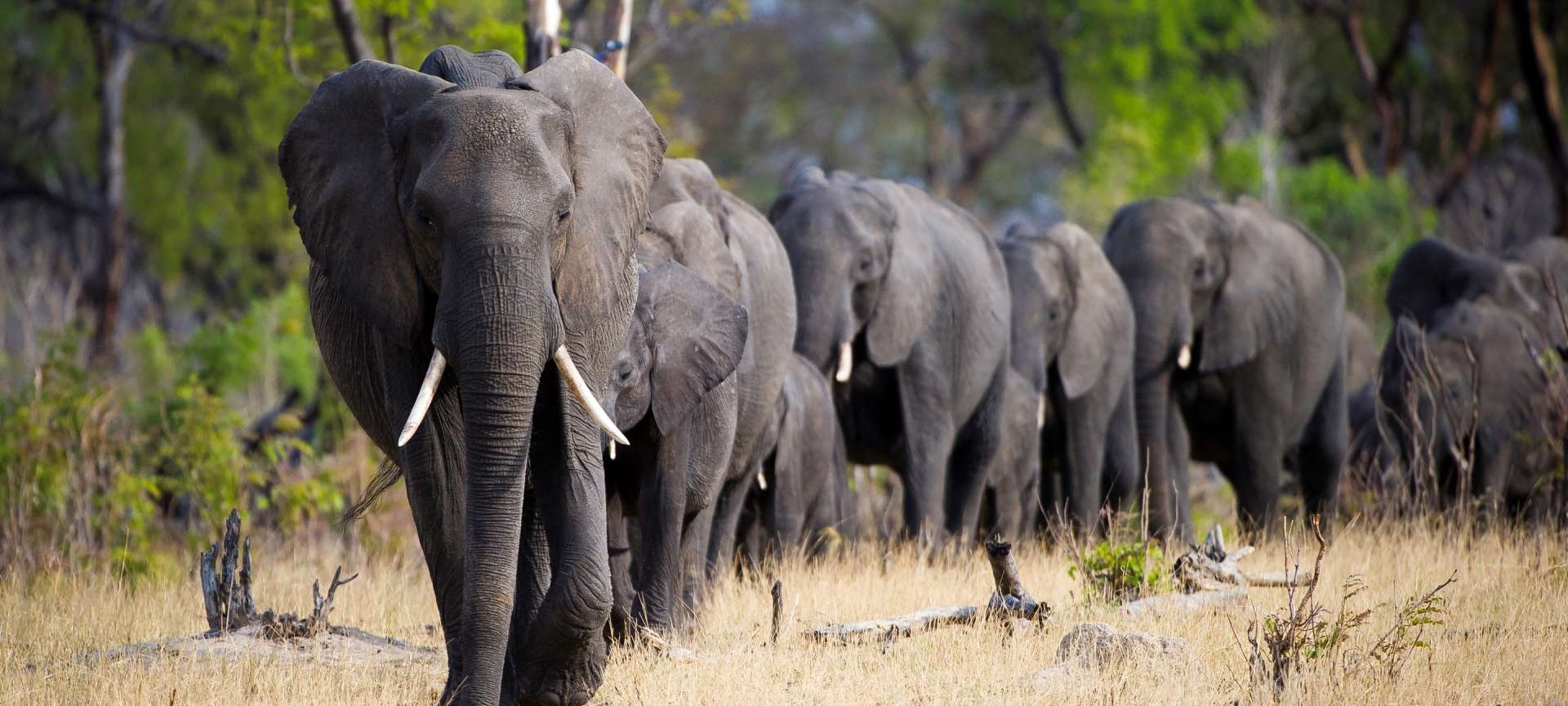
One of the most iconic symbols of Botswana’s conservation success story is its elephant population. Botswana has the largest elephant population in Africa, accounting for around 37% of the total savanna elephant population. Botswana’s elephants are also among the most genetically diverse and healthy on the continent. This is a remarkable achievement, considering that elephants are facing a poaching crisis across Africa.
How did Botswana manage to protect its elephants from this fate? The answer is a combination of factors, including strong political will, effective law enforcement, community involvement, and regional cooperation. Botswana has a long history of valuing and respecting its wildlife, dating back to its first president, Sir Seretse Khama, who banned hunting in 1966.
The country has maintained a zero-tolerance policy regarding poaching. It’s also invested in training and equipping its rangers and deploying drones and helicopters to monitor its vast wilderness areas. Botswana’s elephant population is a major highlight of any Botswana safari tour.
However, Botswana’s elephant protection is not only a top-down approach. It also involves the participation and empowerment of local communities, who live alongside the elephants and bear the costs and benefits of their presence.
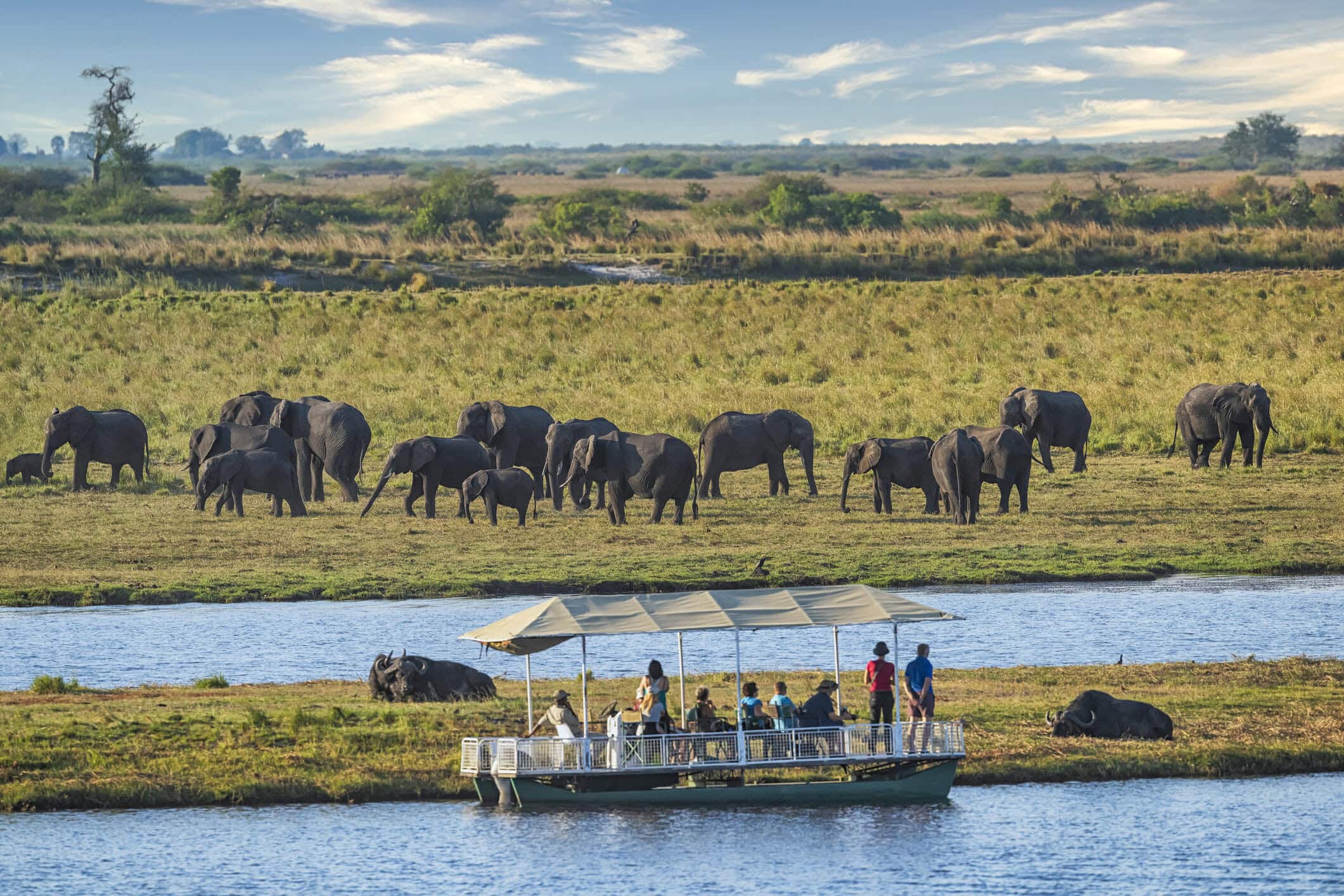
Botswana has implemented several community-based natural resource management (CBNRM) programmes, such as CAMPFIRE and CHA (Community Hunting Areas), which allow communities to benefit from wildlife through tourism, hunting quotas, and revenue sharing.
These programmes create incentives for communities to conserve wildlife and habitats, as well as to mitigate human-wildlife conflict through compensation schemes, education campaigns, and coexistence strategies.
Another key factor in Botswana’s elephant protection is its collaboration with neighbouring countries that share elephant populations and habitats.
Botswana is part of the Kavango-Zambezi Transfrontier Conservation Area (KAZA TFCA). The region covers five countries (Angola, Botswana, Namibia, Zambia, and Zimbabwe) and spans over 520,000 square kilometres. The KAZA TFCA aims to create a network of protected areas and corridors that allow elephants and other wildlife to move freely across borders, as well as to harmonise policies and practices among the countries involved. The KAZA TFCA also seeks to promote sustainable development and livelihoods for the people living within its boundaries.
Botswana’s Sustainable Ecotourism
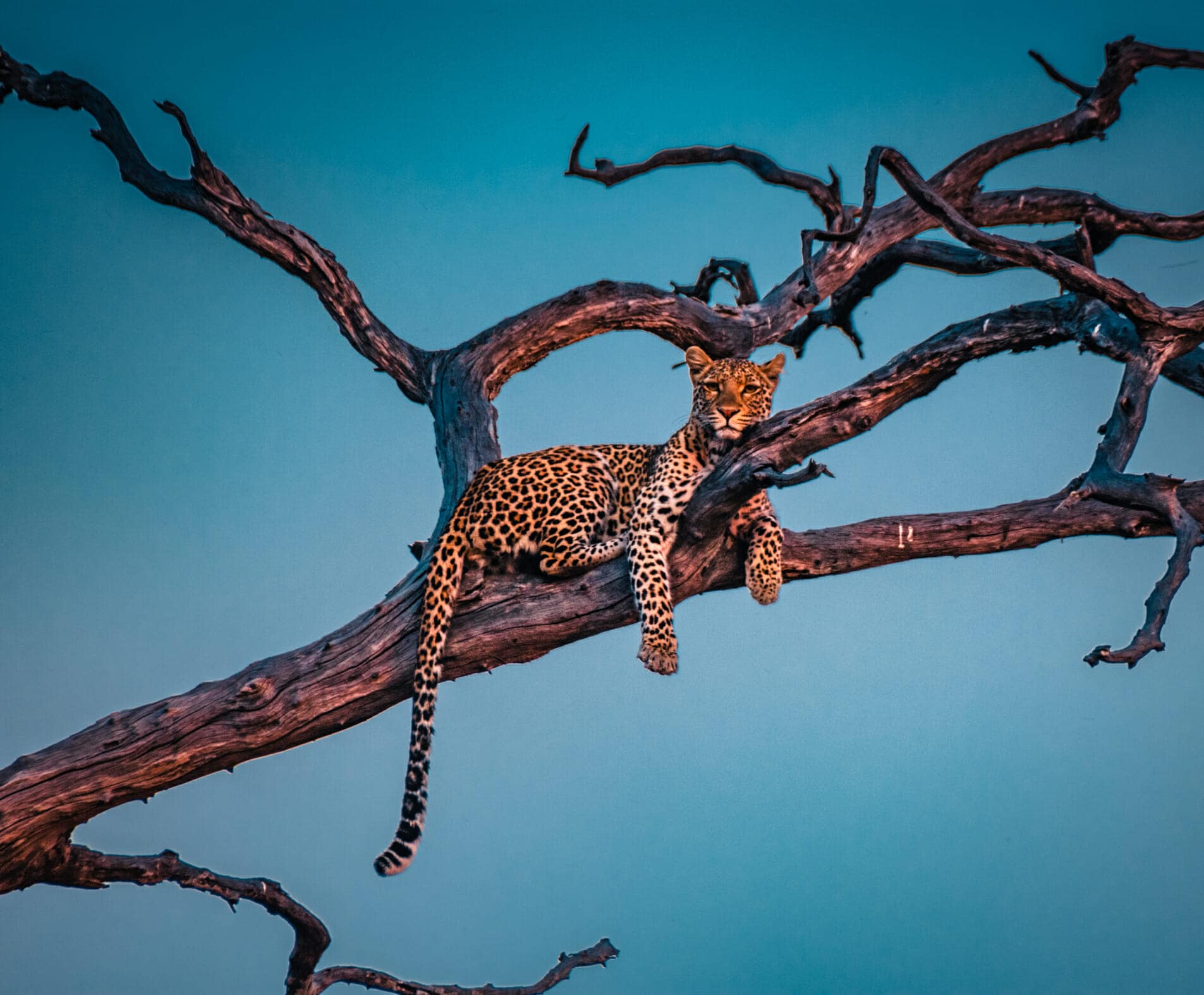
Another aspect of Botswana’s conservation success story is its sustainable ecotourism industry. Ecotourism is one of the main pillars of Botswana’s economy, generating about 12% of its GDP and employing about 10% of its workforce.
Ecotourism also provides a significant source of funding for conservation efforts in Botswana. How did Botswana achieve this level of success in ecotourism? The country has made a deliberate choice of pursuing a low-volume, high-value model of tourism development.
This means that Botswana limits the number of tourists and operators that can access its natural areas, while charging high fees and taxes that reflect the true value of its natural capital. This strategy ensures that Botswana’s ecotourism industry is environmentally sustainable, socially responsible, and economically viable.

Botswana’s ecotourism industry is also characterised by high standards of quality and innovation. It has some of the most luxurious and exclusive safari lodges and camps in the world.
The country also offers visitors a range of experiences and activities, from game drives and walking safaris to boat cruises and helicopter flights. Botswana’s ecotourism operators are also committed to minimising their environmental impact and maximising their social contribution.
Botswana’s Ecological Diversity

Another aspect of Botswana’s conservation success story is its ecological diversity. Botswana is blessed with a variety of ecosystems and habitats, ranging from the arid Kalahari Desert and the salt pans of Makgadikgadi to the wetlands of the Okavango Delta and the woodlands of Chobe.
How did Botswana manage to preserve its ecological diversity? The answer lies in its extensive network of protected areas and corridors that cover over 40% of its land area.
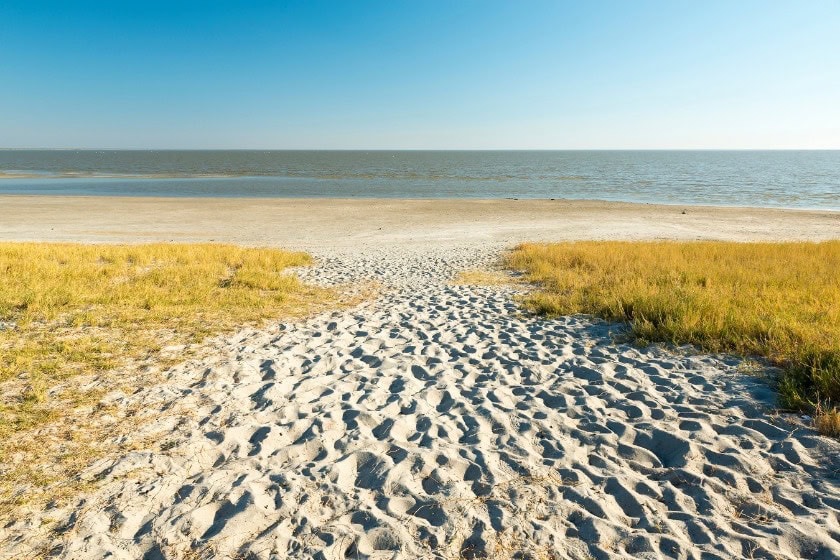
Botswana features 12 national parks and game reserves, 22 wildlife management areas (WMAs), 18 forest reserves, 8 community conservation areas (CCAs), and several private conservancies. These protected areas are also connected by corridors that allow wildlife to move across landscapes and adapt to changing conditions.
One of the most remarkable examples of Botswana’s ecological diversity is the Okavango Delta, a UNESCO World Heritage Site and one of the Seven Natural Wonders of Africa.
It’s a dynamic and complex ecosystem that changes with the seasons and floods and is home to a wide variety of wildlife species.
Botswana’s Conservation Challenges

Despite its conservation success story, Botswana faces many challenges and threats to its wildlife and natural resources. Some of these challenges include:
- Poaching and illegal wildlife trade: Botswana has been a target for poachers and traffickers. In 2019, Botswana lifted its ban on elephant hunting, sparking controversy and criticism from conservationists and animal rights activists. Botswana also faces the challenge of managing human-elephant conflict, as elephants encroach on farmlands and settlements, causing damage and sometimes fatalities.
- Climate change and drought: Botswana is vulnerable to the impacts of climate change, as it experiences frequent droughts. Climate change also alters the patterns and intensity of rainfall and floods, affecting the hydrology and ecology of the Okavango Delta.
- Mining and development: Botswana’s economy is heavily dependent on mining, especially diamonds, which account for about 80% of its export earnings. Mining contributes to land degradation, water pollution, habitat loss, and biodiversity loss.
Botswana’s Conservation Opportunities
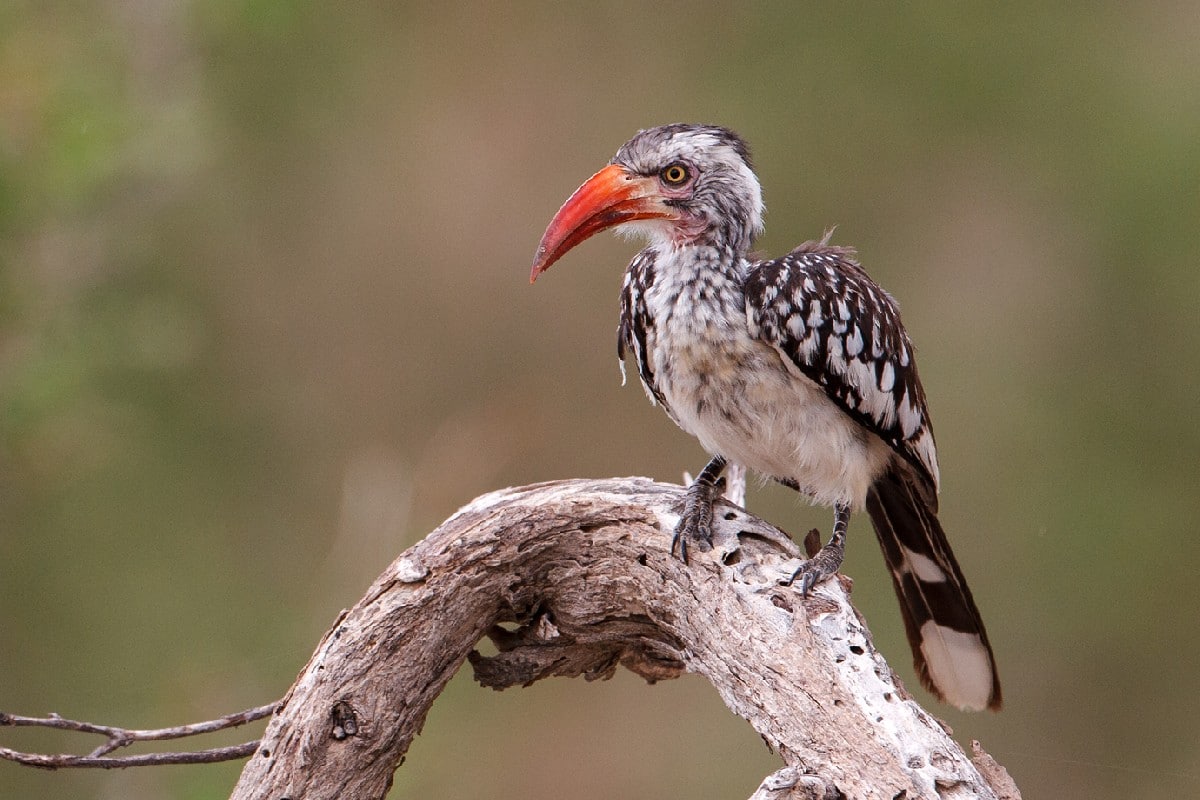
Despite these challenges, Botswana has many opportunities to continue its conservation success story. Some of these opportunities include:
- Community-based natural resource management (CBNRM): Botswana has been a pioneer in involving local communities in the management and utilisation of natural resources. Through CBNRM programmes, communities are granted rights and incentives to manage wildlife and other resources within their areas. CBNRM programmes aim to enhance livelihoods, empower communities, reduce poverty, and promote conservation.
- Transboundary cooperation: Botswana is part of several transboundary initiatives that aim to conserve shared ecosystems and wildlife populations across national borders. For example, Botswana is part of the Kavango Zambezi Transfrontier Conservation Area. KAZA TFCA aims to facilitate cross-border collaboration on conservation, tourism and development, enhance wildlife corridors and connectivity, and address poaching and human-wildlife conflict.
- Ecotourism and sustainable development: Botswana has a well-established and reputable ecotourism industry that contributes to its economy, conservation, and community development. Botswana’s ecotourism model is based on low-volume, high-value tourism that minimises environmental impacts and maximises benefits for local people. Sustainable safaris also provide incentives and opportunities for conservation, as tourists pay fees and taxes that support wildlife management and community projects. Ecotourism also raises awareness and appreciation of Botswana’s natural and cultural heritage.
- Research and innovation: Botswana has a strong research and innovation capacity that supports its conservation efforts. Botswana hosts several research institutions and projects that conduct scientific studies on various aspects of its wildlife and ecosystems.
Conclusion
Botswana is a remarkable example of how a country can achieve conservation success while also pursuing economic and social development. However, Botswana also faces many challenges and threats that require constant vigilance and adaptation.
The country needs to continue its efforts to balance conservation and development, address poaching and human-wildlife conflict, cope with climate change and drought, and collaborate with regional and international partners. Botswana’s conservation success story is not over yet; it’s an ongoing journey that requires constant learning and improvement.
Author: Gavin Denner
Published:
Last Update:
Part of the Botswana Safari, Big Five Safaris & Birding Safaris Collections